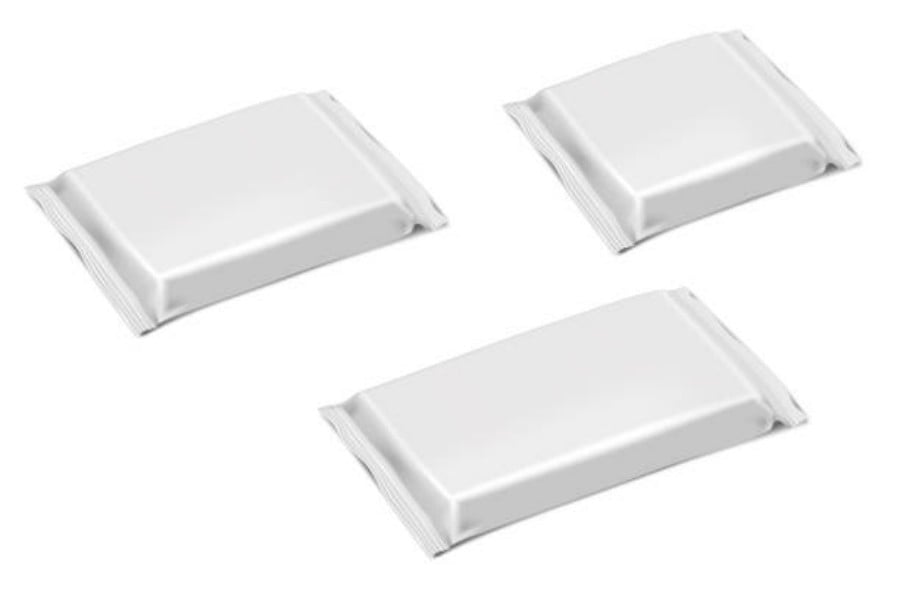The Basics of Wet Wipes
Wet wipes are an essential item in any household as they are used to clean different surfaces and objects. They are convenient, easy to use, and effectively remove dirt, germs, and bacteria. But have you ever wondered what fabrics are used for wet wipes? In this article, we will discuss the different fabrics used in making wet wipes, their properties, and advantages.
Spunlace Fabric
Spunlace fabric is one of the most common fabrics used in the manufacturing of wet wipes. This fabric is made by entangling fibers together using high-pressure water jets. Spunlace fabric is preferred as it is soft, strong, and highly absorbent. It also provides a smooth and lint-free cleaning experience. Spunlace fabric is made from natural fibers such as cotton, viscose, and bamboo.
Polyester Fabric
Polyester fabric is also a popular choice in the manufacture of wet wipes. This fabric is known for its strength, durability, and resistance to chemicals. It is often used in disinfectant wipes as it can withstand harsh chemicals without breaking down. Polyester fabric is made from synthetic fibers, so it is not biodegradable and can take a long time to degrade in landfill.
Cotton Fabric
Cotton is a natural fiber and is highly absorbent, making it suitable for use in wet wipes. Cotton fabric is soft, gentle, and hypoallergenic, which makes it ideal for use on sensitive skin. However, cotton fabric can be expensive, and it is not as durable as other fabrics used in wet wipes.
Non-Woven Fabric
Non-woven fabrics are another popular choice for making wet wipes. These fabrics are made by bonding fibers together, either chemically or mechanically, to create a strong and absorbent material. Non-woven fabrics are inexpensive and lightweight, making them suitable for use in disposable wet wipes. However, they are not as strong or durable as other fabrics and can often leave a residue on surfaces.
Bamboo Fabric
Bamboo fabric is an eco-friendly fabric used in the manufacture of wet wipes. Bamboo is a sustainable and renewable resource that grows quickly with minimal water and pesticides. Bamboo fabric is soft, smooth, and highly absorbent, making it ideal for use in wet wipes. It is also hypoallergenic and antibacterial, which makes it a popular choice for sensitive skin.
Rayon Fabric
Rayon fabric is a semi-synthetic fabric made from natural fibers such as wood pulp. It is highly absorbent, soft, and smooth, making it ideal for use in wet wipes. Rayon fabric is often blended with other fibers such as cotton or bamboo to create a strong and durable material. However, rayon fabric is not as eco-friendly as other fabrics, and its production can be harmful to the environment.
Microfiber Fabric
Microfiber fabrics are made from synthetic fibers and are popular in the manufacture of cleaning wipes. Microfiber is highly absorbent, soft, and gentle, making it ideal for use in wet wipes. Microfiber can effectively remove dirt, stains, and bacteria without the need for harsh chemicals. However, microfiber fabric can be expensive, and it is not biodegradable.
Biodegradable Fabric
Biodegradable fabrics are becoming increasingly popular in the manufacture of wet wipes. These fabrics are made from natural fibers such as bamboo, cotton, or viscose and are designed to break down in the environment without leaving harmful residues. Biodegradable wet wipes are an eco-friendly alternative to traditional disposable wipes, and they are often compostable.
Conclusion
Wet wipes are a convenient and essential item in any household and are available in different fabrics to suit different needs. Spunlace fabric, polyester, cotton, non-woven, bamboo, rayon, microfiber, and biodegradable fabrics are commonly used in the manufacture of wet wipes. Each fabric has its unique properties, advantages, and disadvantages. When choosing wet wipes, it is essential to consider the fabric type, functionality, and environmental impact.

